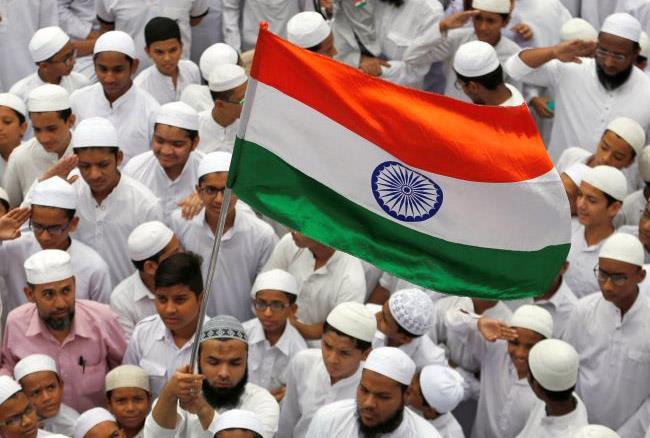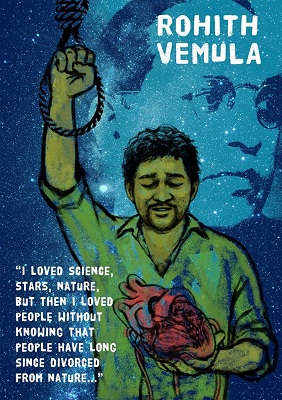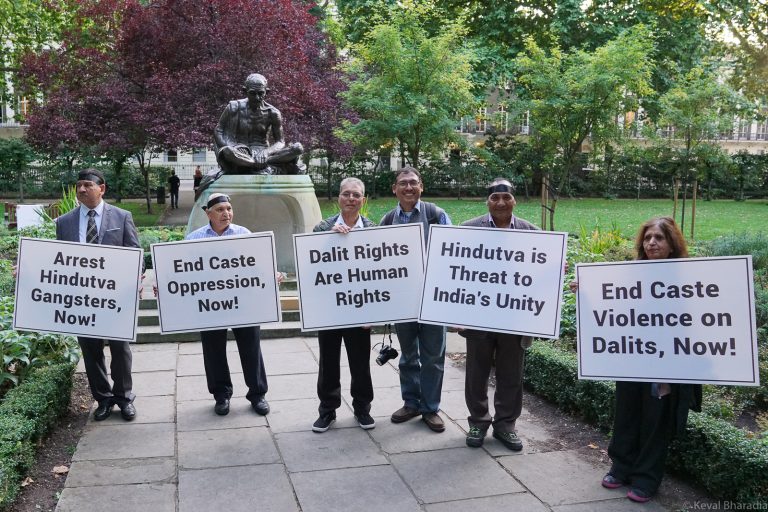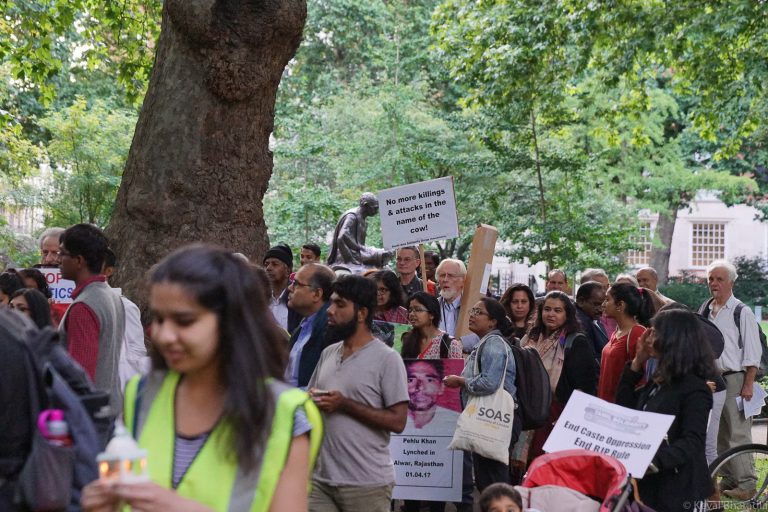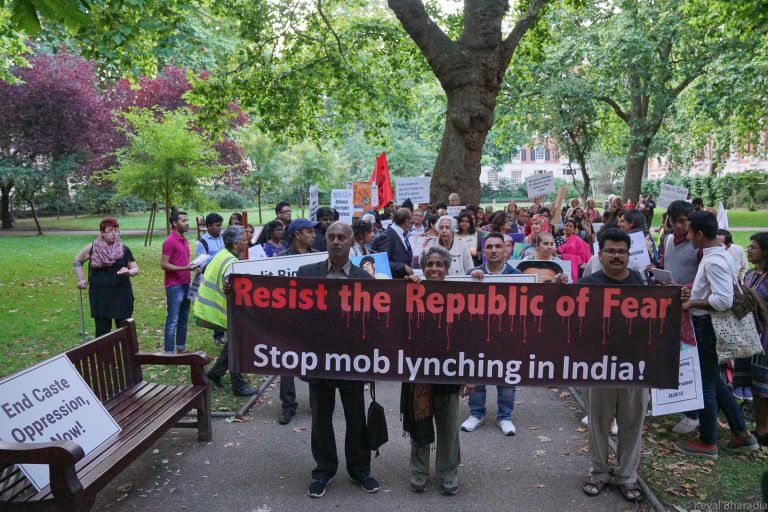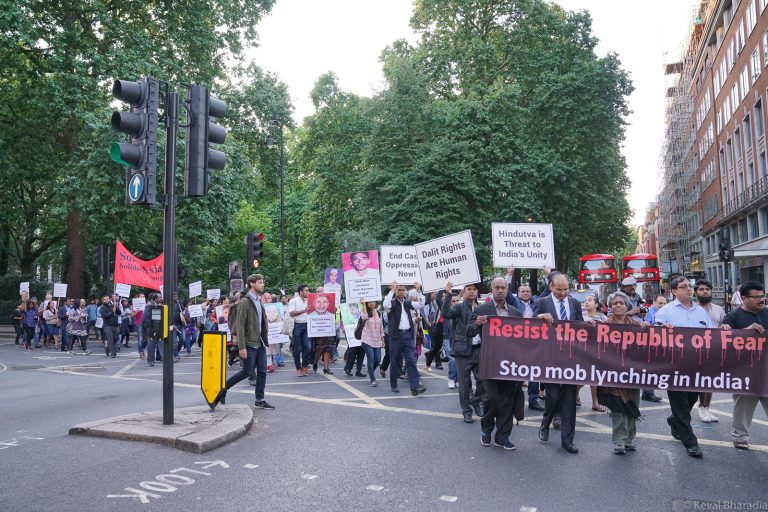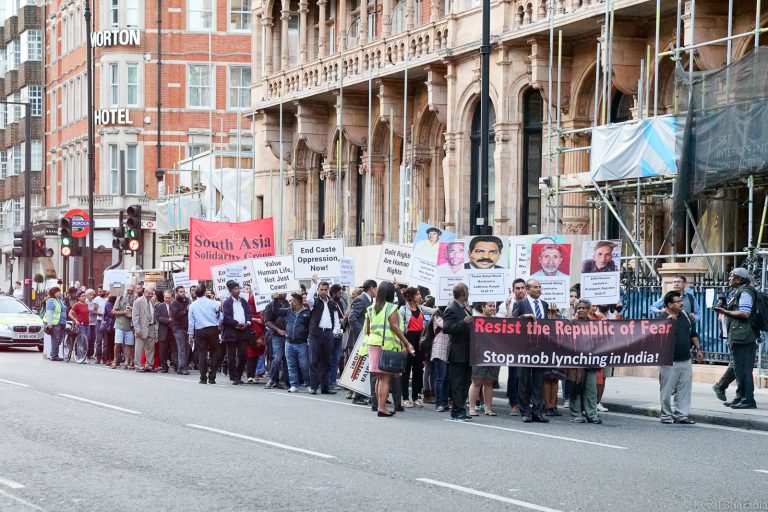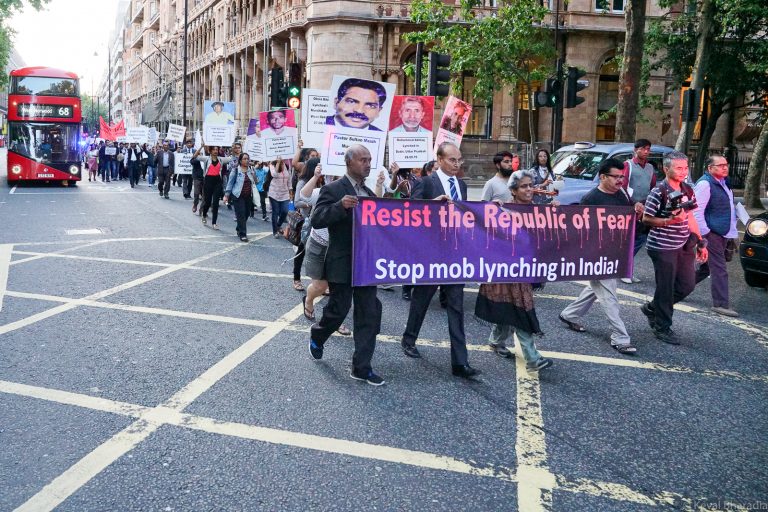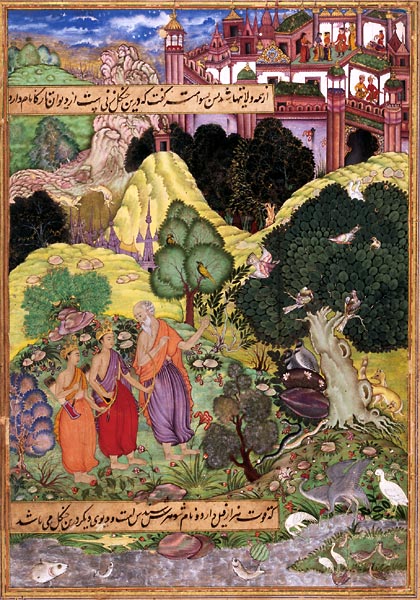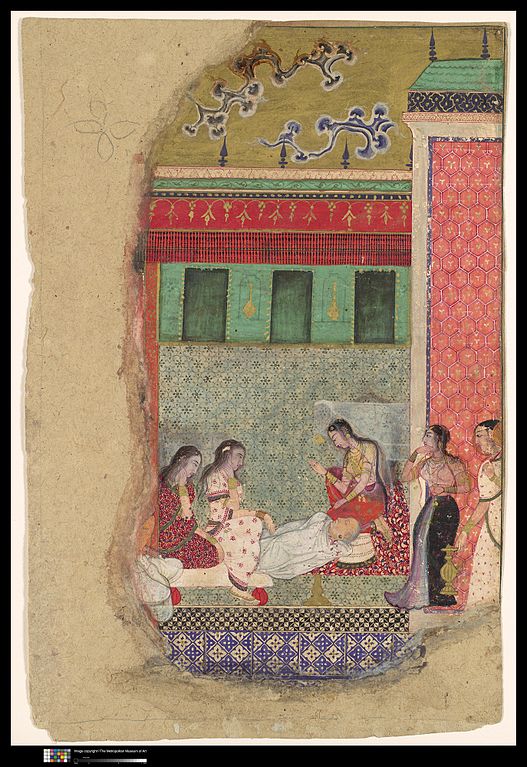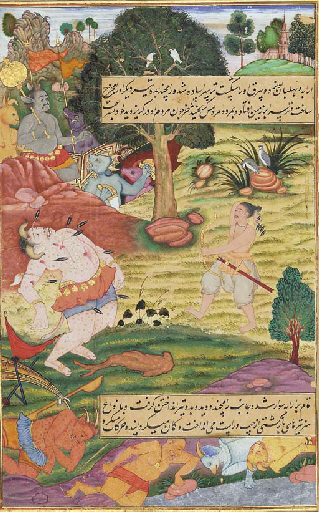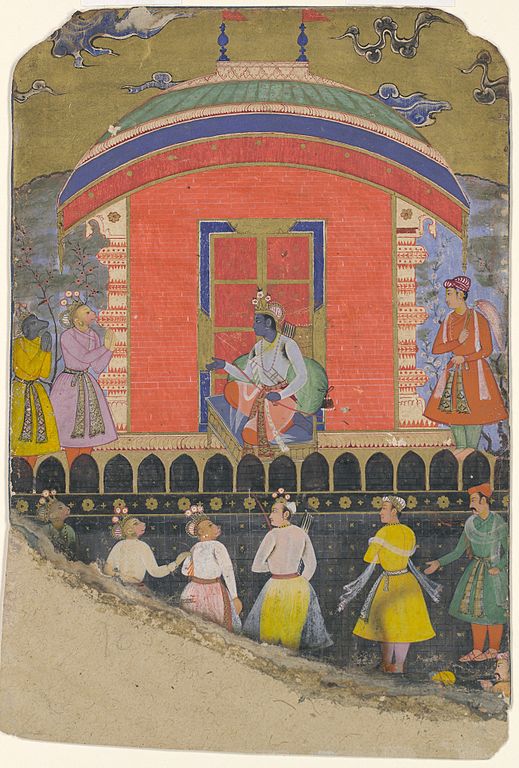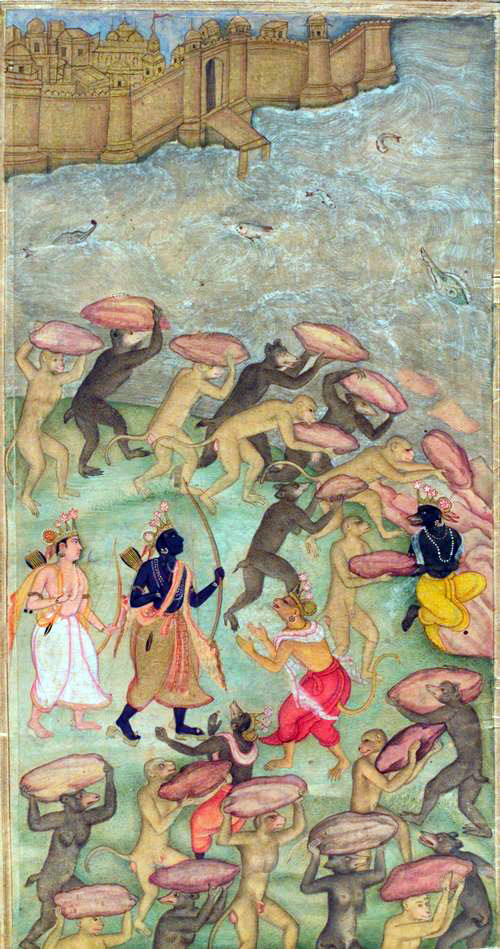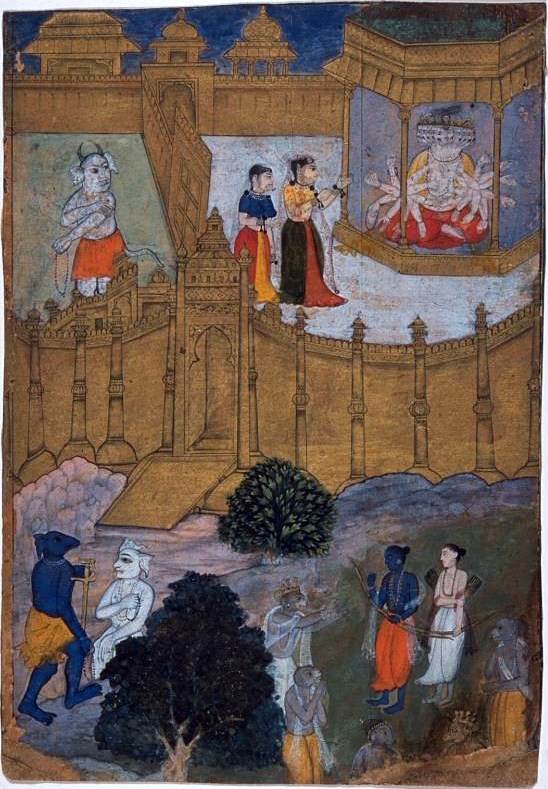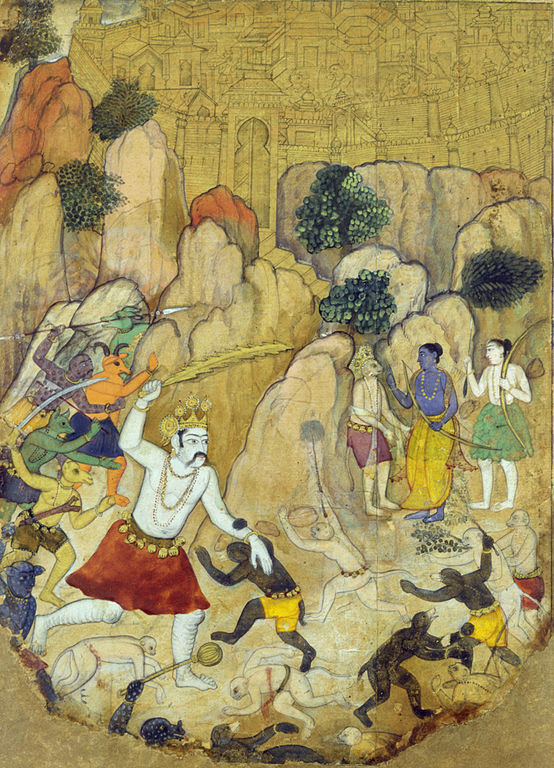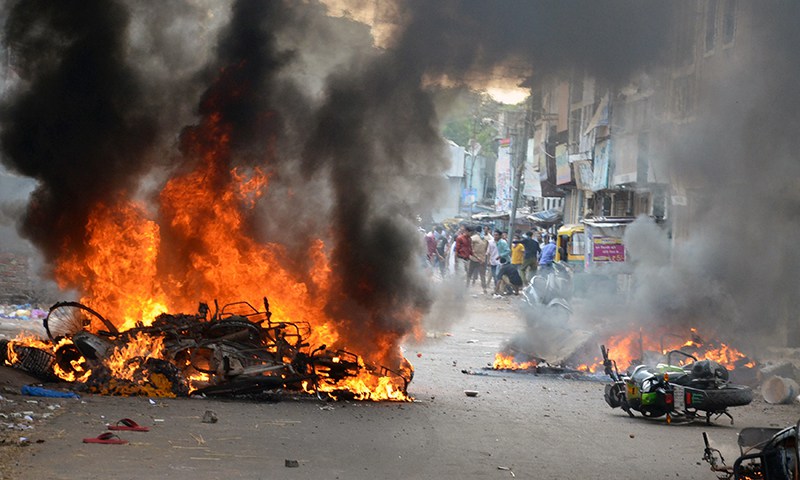To join militant groups and carry out attacks, they are using a ‘get expelled from Jamaat-Shibir strategy,’ police say
Leaders and activists of the Jamaat-e-Islami and its student wing Islami Chhatra Shibir are allegedly using a “get expelled strategy” to join the New JMB, a new faction of banned militant outfit Jama’atul Mujahideen Bangladesh, to carry out terror attacks across Bangladesh.
With very little scope to play a role in the country’s political arena nowadays, Jamaat and Shibir over the years had secretly expelled over various unclear reasons a number of its members who were later found to be involved with militancy.
Their goal is to create anarchy, native and international pressure on the Awami League-led government and ultimately oust it from power, police officials have said.
New JMB, looking for fresh members after its top leaders and activists were either killed or arrested in recent operations by security agencies, is also eager to recruit the expelled members of Jamaat and Shibir as they would serve its purpose willingly.
“Former Shibir members are the ones who are now leading New JMB,” Monirul Islam, chief of Dhaka Metropolitan Police’s Counter-Terrorism and Transnational Crime (CTTC) unit, claimed recently after arresting one of the Gulshan restaurant attack masterminds, Aslam Hossain Rashed alias Rash.
Monirul said: “Rashed joined New JMB following the footsteps of Shibir leader Shariful Islam, who was involved in the killing of Rajshahi University teacher Rezaul Karim Siddiquee.”
Another CTTC official, requesting anonymity, told the Dhaka Tribune that New JMB was now being led by one Ayub Bachchu who is a former Shibir activist.
In the latest development, New JMB militant Saiful Islam, also a former Shibir member, blew himself up with mid-range explosives at a hotel room in the capital’s Panthapath, about 300 metre away from Bangabandhu Memorial Museum, during a police raid on Tuesday morning.
Later, Inspector General of Police AKM Shahidul Hoque told reporters: “The militant Saiful, also the son of a Jamaat leader from Khulna, had planned to launch a bomb attack on the processions heading to the museum at Dhanmondi 32 to pay tribute to Bangabandhu.”
Home Minister Asaduzzaman Khan Kamal, in several instances, had claimed that Jamaat and Shibir were behind the militant outfits in the country.
Jamaat, the country’s largest religious political party, have always denied such claims, but some intelligence reports last year had found the allegations to be true.
According to the reports, many Jamaat and Shibir members were both directly and indirectly involved with different militant groups. Some organisations owned by Jamaat leaders were also found to be financing those outfits.
Several high officials at the Police Headquarters, CTTC and Rapid Action Battalion also admitted that there was a connection between Jamaat-Shibir and New JMB.
CTTC Additional Deputy Commissioner Abdul Mannan told the Dhaka Tribune: “We have found names of several persons, organisations and groups that are connected to New JMB. We are investigating them.”
Militant ties nothing new for Jamaat-Shibir
Connection with militancy, however, is not something new for the Jamaat and Shibir as many from these organisations were earlier found involved with different outfits including Ansar Al Islam, Shahid Hamza Brigade, Harkat-ul Jihad al-Islami and Hizb-ut Tahrir, police claimed.
Even though the security agencies and government claim that the Islamic State does not exist in Bangladesh, they say the expelled Jamaat and Shibir members follow the Syria-based terror group’s ideology to carry out attacks in Bangladesh.
Police also recently claimed to have found direct links between Jamaat-Shibir and recent terror attacks.
Former Shibir member Marzan, who was an Arabic department student at Chittagong University, was the chief coordinator of the Gulshan attack that killed 22 people in July 2016.
New JMB chief Tamim Chowdhury, killed in a police raid last year, and Ansarullah Bangla Team (later rebranded as Ansar Al Islam) chief Ziaul Haque, who is still on the run, had recruited many former Jamaat-Shibir members in their organisations and had them take part in most of the attacks in the past few years, police said.
New JMB member Ershad alias Mamun, arrested in March 2015, is a former Shibir activist who had first revealed many plans of the new terror outfit during interrogations.
The law enforcement agencies, apparently, did not pay much attention to his claims at that time. But a number of attacks, including the one at Holey Artisan Bakery, several murders and bomb blast at a naval base in Chittagong, since then had had them shocked and forced them to take New JMB more seriously.
Since 2015, police have arrested many Islamist militants who were originally with Jamaat and Shibir, but later joined different terror groups, including the New JMB, directly or indirectly.
After the nationwide simultaneous bomb attacks in August 2005, security agencies had arrested seven members of the original Jama’atul Mujahideen Bangladesh, all of whom were former members of Jamaat or Shibir.
In October the same year, the courts and judges in different districts were targeted in another series bombings. The next month, a suicide bombing carried out by the JMB had killed two senior assistant judges and wounded three others in Jhalakathi.
Police investigations later found that the bomber, Hasan Al Mamun, and his family members had close ties to Jamaat. Hasan was also a Shibir member.
In October 2003, Bangladesh Bank had ordered all commercial banks and financial institutions to freeze the accounts of several Malaysian nationals associated with the Jamaat for their suspected involvement in financing terrorism.
Militant activities had come into the spotlight again in February 2013 after the gruesome killing of blogger and civil rights activist Ahmed Rajib Haider, who had helped coordinate the Shahbagh movement, allegedly by Shibir members.
The Jamaat and its affiliated organisations earlier had accused Rajib of mocking Islam in his blog posts.
However, a month later, police’s Detective Branch (DB) arrested five North South University students in connection with Rajib’s murder.
CTTC Unit chief Monirul Islam, who was the DB spokesperson at that time, had said that these five murdered Rajib following direct orders from a Shibir leader named Rana.
Expulsions of Jamaat and Shibir members over reasons such as violation of party rules and ties to various crimes have become more of a trick move that grants them the right to officially claim that they do not endorse militancy, police officials said.
Dhaka Tribune’s attempts to contact top Jamaat and Shibir leaders over phone, text messages and emails for comments on the issue yielded no response.
Courtesy: Dhaka Tribune


